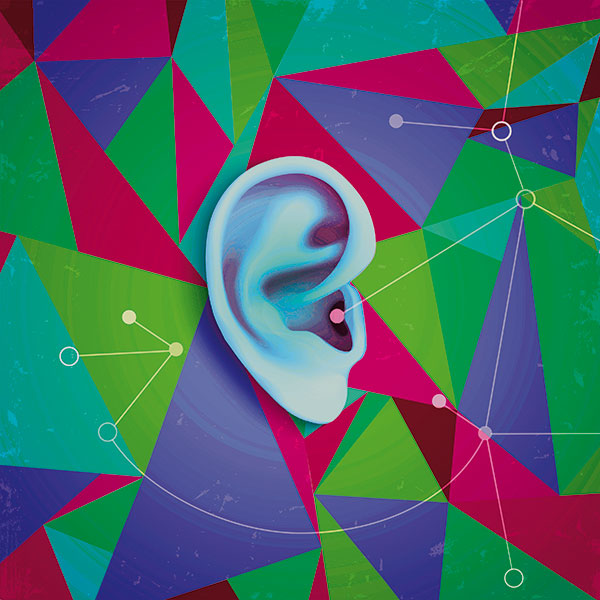The Theme of isaScience19 as a Scholarly Reinterpretation of Just Play!?
What do Indian dancers, the British music business, contemporary DIY cultures, and the establishment of alternative musical canons in the 19th century have in common? All of them, in one way or another, live(d) from music as labour. This and other socially relevant issues will be pursued by isaScience19 in the form of an interdisciplinary conference in proximity to and in cooperation with isa – the International Summer Academy of the mdw.

Dagmar Abfalter, Marko Kölbl, Rosa Reitsamer, and Fritz Trümpi have comprised the academic leading team of isaScience since 2018. And this year’s call for papers, which addresses researchers and lecturers at various stages of their academic careers, focusses on music as labour as a historically developed phenomenon. The history of the specific conditions under which musicians have worked during different periods and in different places (and in the associated labour markets) worldwide is the result of the manifold processes of institutionalisation, globalisation, and digitisation through which music has gone, and of the types of collaboration that have arisen as a consequence. Such processes intensified over the course of the 19th century, with more and more agents and institutions becoming involved. These include the music and media industries, music conservatories, and local community music initiatives that were just as strongly influenced by specific conventions and shared convictions (“art worlds”) as they were by (frequently competing) economic interests. The resulting conflicts have led to resistance and power struggles as well as to divergent practices of music production. The “production of culture” perspective has been helpful in studying these processes with respect to the changing roles of professions and educational institutions, to gatekeepers, and to mechanisms of inclusion and exclusion. However, music can also be conceived of as labour in contexts outside of the labour market and music production: the scenarios here are diverse, ranging from traditional ritual occasions to various non-commercial uses of music as labour.
The history of music as labour is characterised by social inequalities tied to factors such as gender, sexualities, race, ethnicity, class, and dis/ability. As a consequence, there have arisen numerous initiatives—such as #MeToo and “We Have Voice”—that aim to combat discrimination and misconduct, thereby bringing about social change in music labour markets and in society at large. Nonetheless, music remains a key factor in human interactions, often carrying traits of emotional and affective labour. The “affective turn” has drawn attention to the significance of emotions, affect, and the body for our understanding of music as a social and cultural phenomenon. In this respect, music can act as a “labour of love”, a technology of identity, or as an enactment of emotion and care, always relying on the human body and its gendered, sexualised, and racialised concepts of corporeality.
This conference is organised in accordance with three overarching themes—Musical Labour Markets, Power Struggles & Political Activism, and Emotional & Affective Musical Labour—for all of which keynote addresses and lectures are planned. Further information on the Call for Papers and the conference programme of isaScience19 can be found at mdw.ac.at/isa/isascience
Event tip
isaScience Conference
7 to 11 August 2019
Hotel Marienhof
Reichenau/Rax
Keynotes by:
- William Cheng, Dartmouth College, USA
- Sally-Anne Gross, Westminster School of Arts, UK
- Rumya S. Putcha, Texas A&M University, USA
- William Weber, California State University Long Beach, USA

